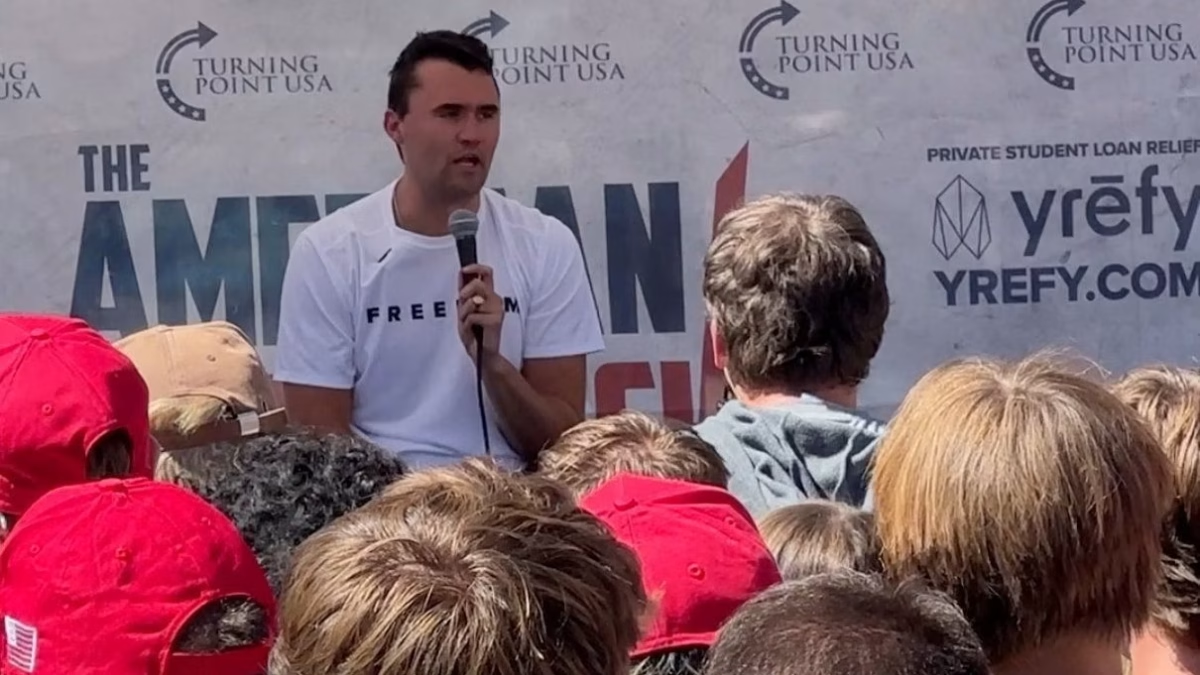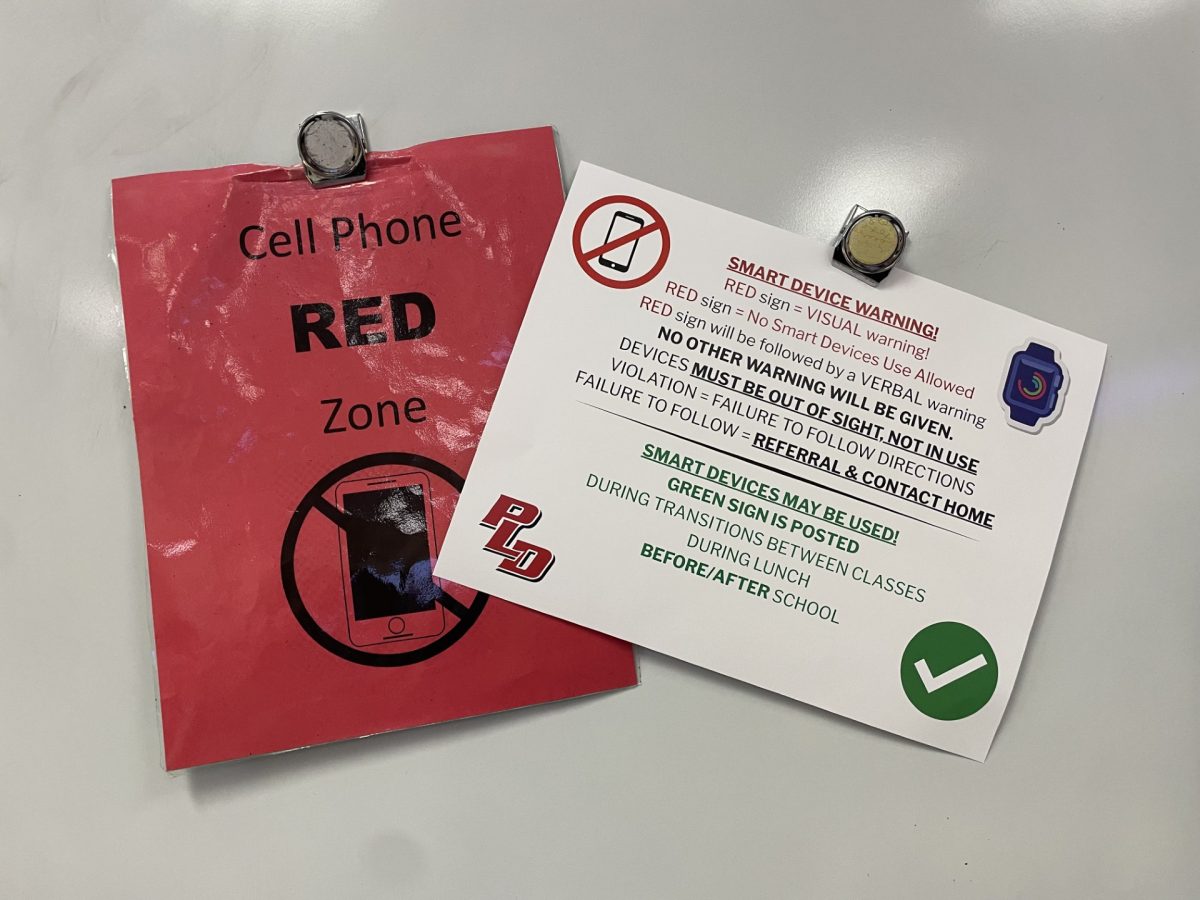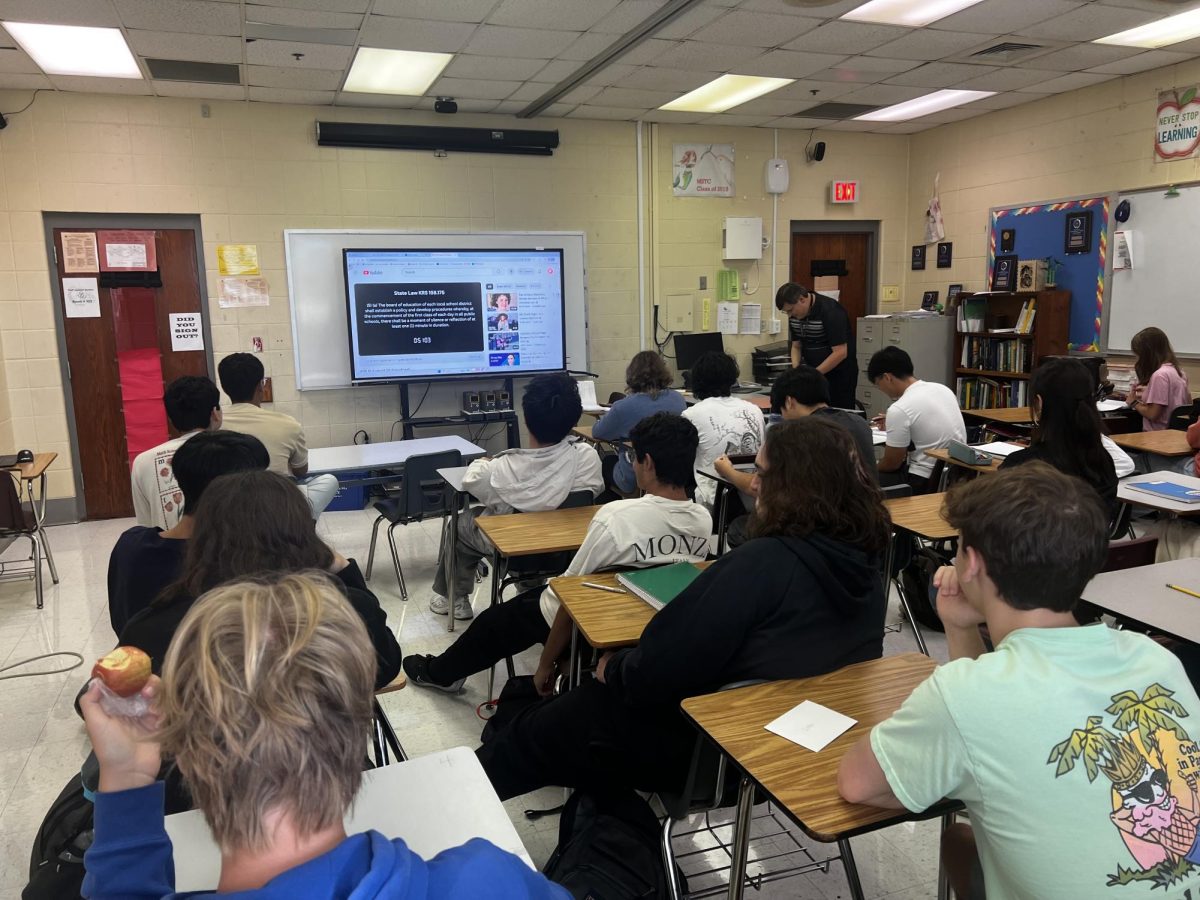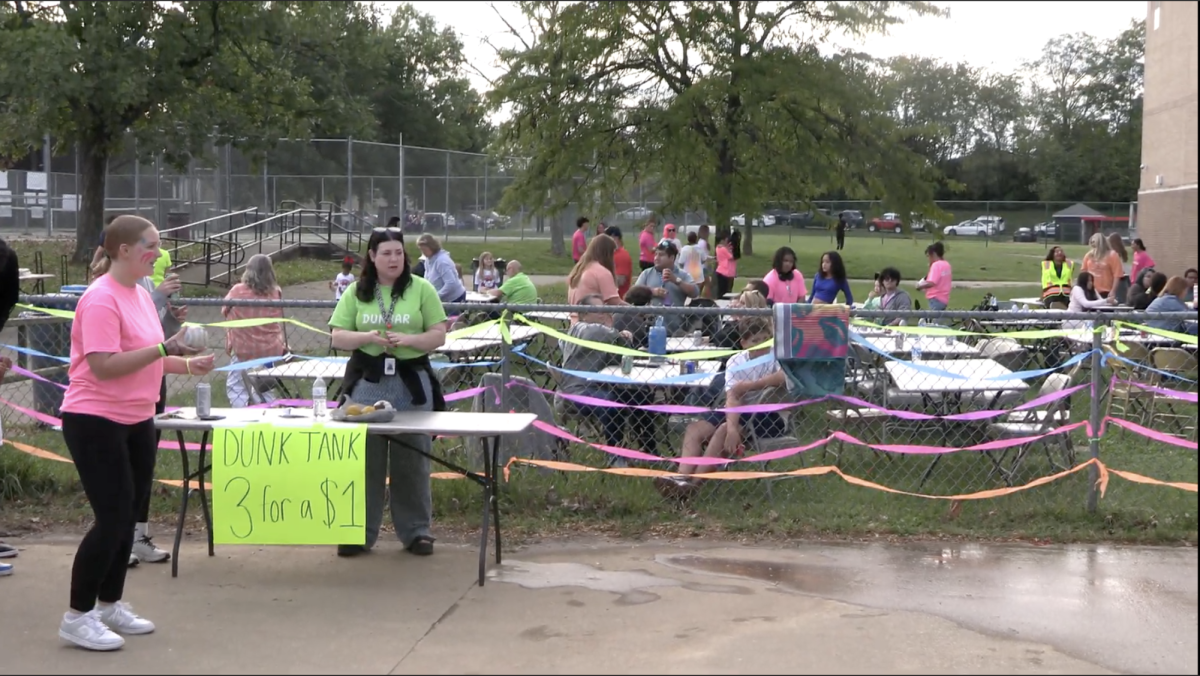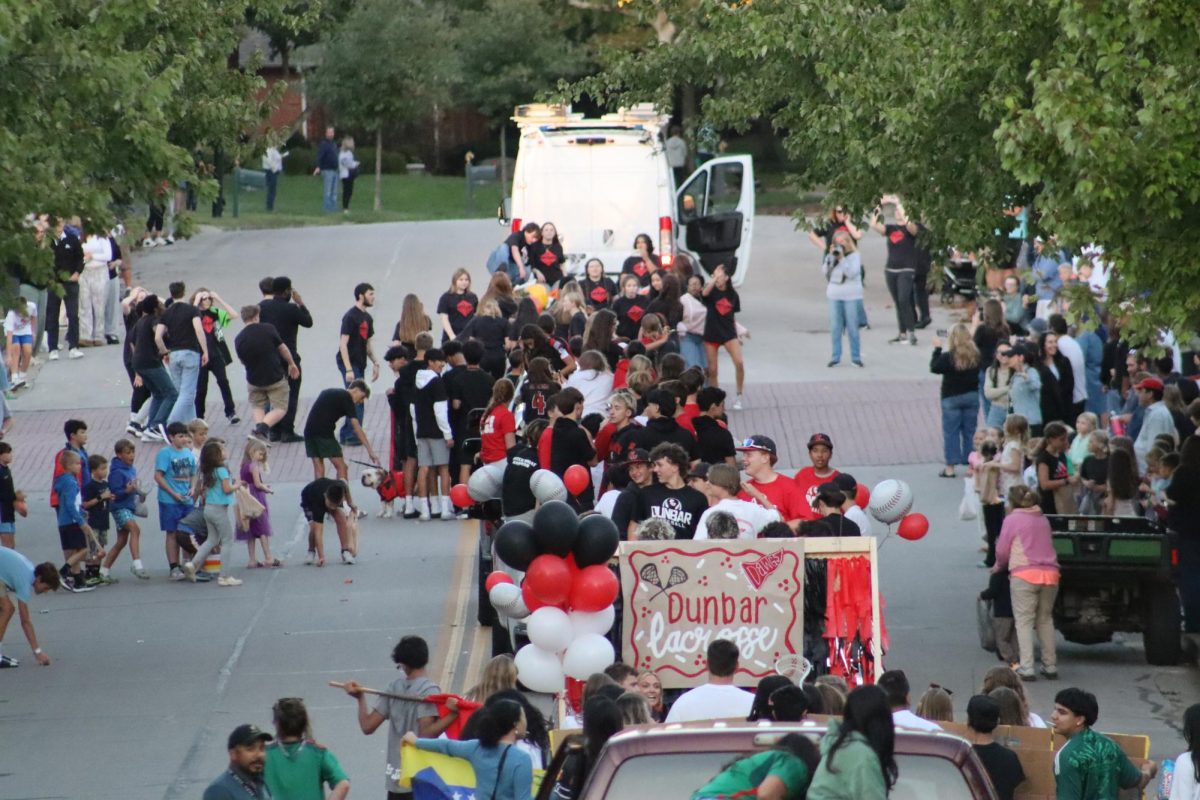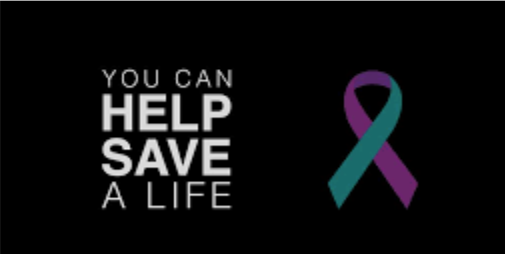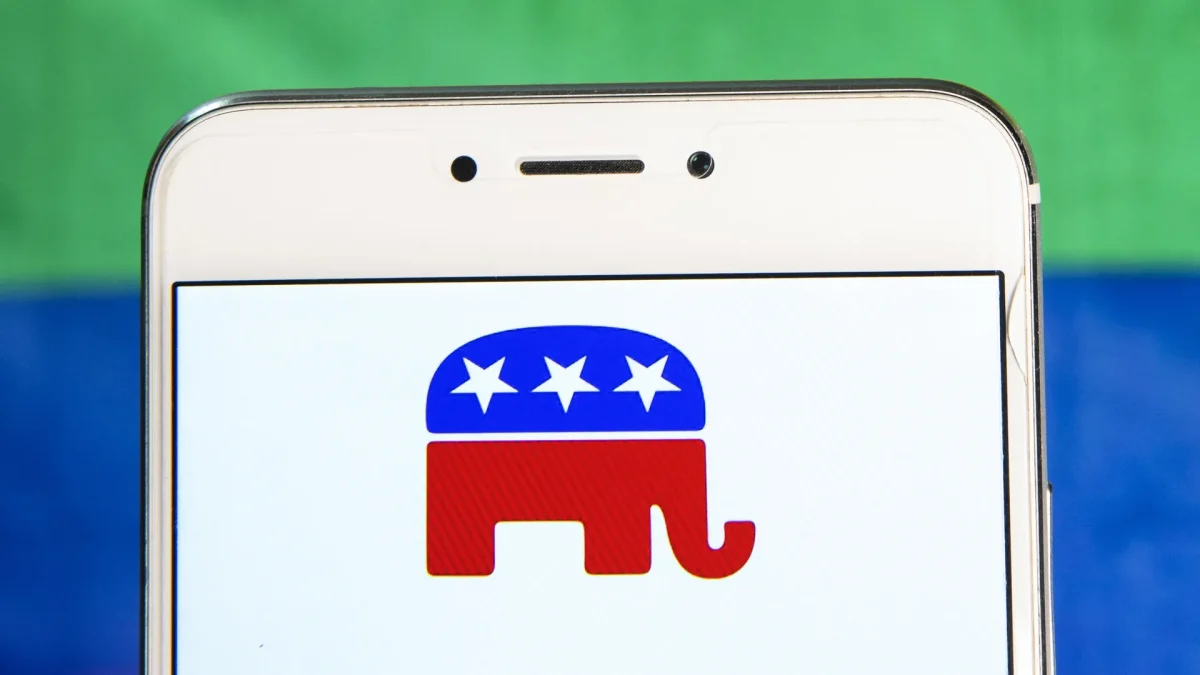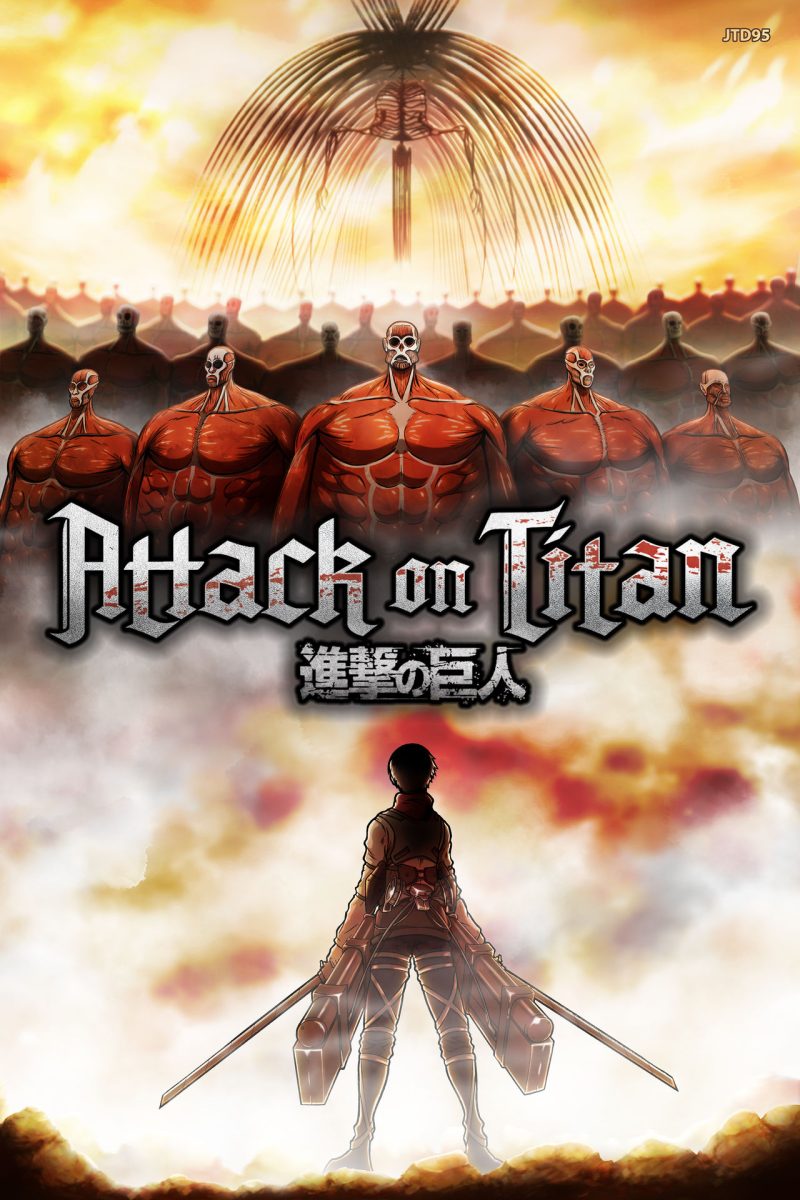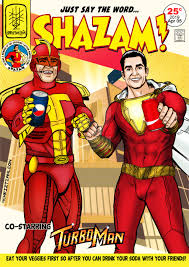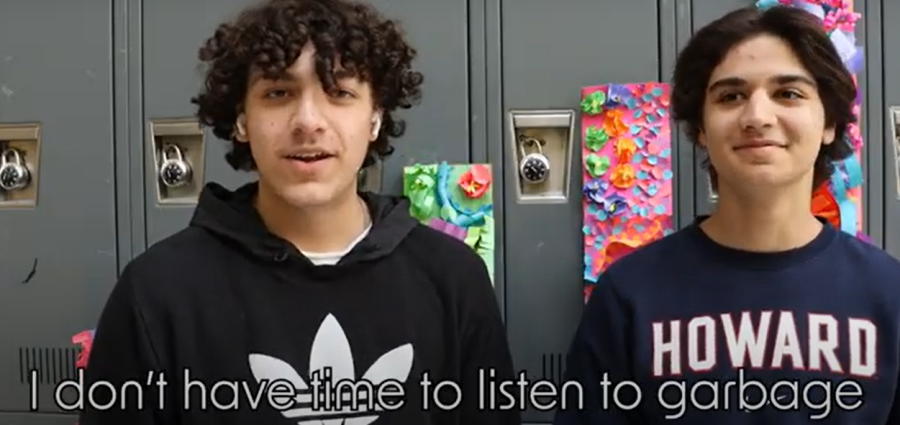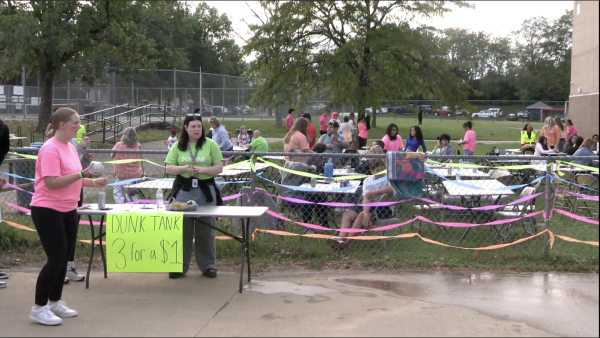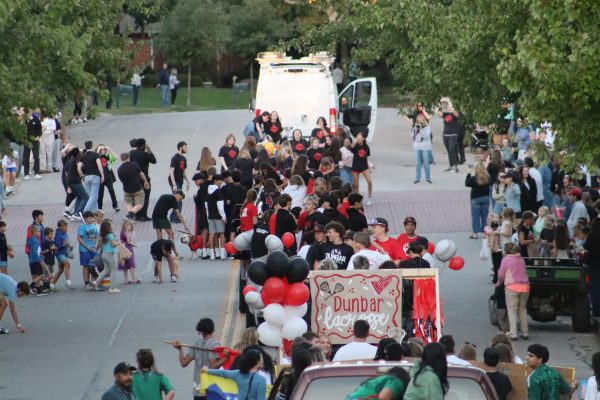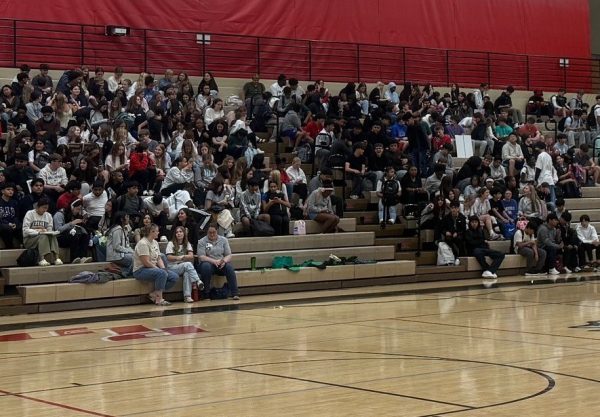Teens Become Essential Workers
During these difficult times, many American teenagers continue to work, putting their lives at risk.
While millions of Americans have lost their jobs due to COVID-19, some have been shoved onto America’s front lines. This time, the front lines don’t indicate an armed conflict, but a war against this deadly virus. In this fight, 17-year-olds like us have become unlikely frontiersmen of the battle along with doctors, delivery drivers, and grocery store clerks.
Two months ago, we were just teenagers working at the neighborhood Kroger after school. Many people our age have a part-time job somewhere. But as COVID-19 cases rose in Kentucky, shops, stores, and restaurants began closing en masse, leaving many students without work.
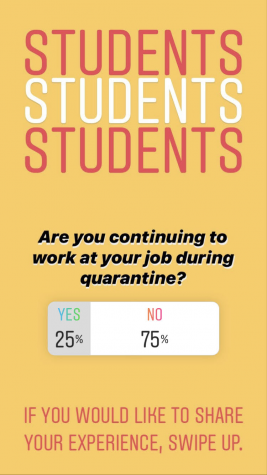
Not so for the two of us. Labeled as essential business, Kroger never closed down, and we both continued to work.
We aren’t the only Dunbar students who are still working. An Instagram poll shows that 25% of students are still working, yet over 14% of Americans and 32% of teenagers nationwide are now unemployed.
Aspects of our work environment have changed significantly.
At the beginning of the pandemic, many employees experienced a heightened sense of uncertainty and fear. The fear wasn’t only about contracting the virus ourselves but also infecting our families. We are vulnerable because so many customers come into contact with us.
We had also anticipated that customers would be rude and anxious to get out of the store. However, most of those who have come in have been very pleasant and appreciative. Lots of customers even thank us for what we are doing.
Companies like Kroger have made it a priority to keep their customers and employees safe. Certain employees are solely tasked with reducing the risk of COVID-19 transmission inside the store. Senior Vivian Haggard said that a lot of her shifts consist of “wiping carts, tracking the number of people in the store, and controlling the flow of traffic to ensure social distancing.”
To keep up with the virus, Kroger has initiated some new policies that further improve hygiene and safety. Employees wear rubber gloves, and clear plastic barriers have been placed between the clerk and the customer. Employees wipe down the belt and PIN pads after each use.
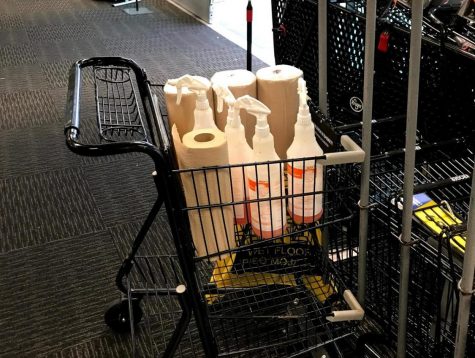
Just outside the store, shopping carts are also sanitized after every use. The store has an employee at every entrance and exit monitoring the number of people inside, making sure the building doesn’t go overcapacity. Starting April 26, all Kroger employees have been required to wear a mask at all times.
For some, this change has been difficult to adapt to.
We have found that although wearing the mask is necessary, it is also irritating. The lack of air in the mask makes it harder to breathe normally. And for employees wearing glasses, the mask causes the lenses to fog up with every breath.
Despite all of these inconveniences, the masks and other policies help stop the spread of infection and are making employees feel much safer.
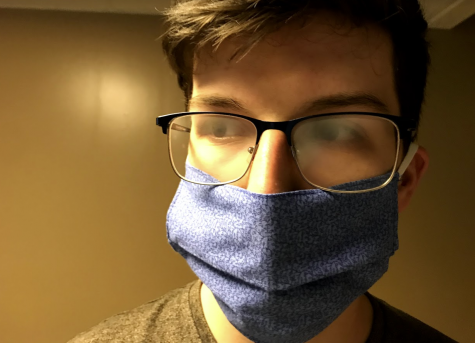
“I’m not really scared of going into work because I take every safety precaution to stay in good health,” senior Jenna Turner said.
Elijah Brown, a senior at Dunbar who works at Cracker Barrel, is simply glad to be able to continue working.
“I do feel like my job is helpful,” he said.
Other students are coming to terms with the loss of their jobs due to the pandemic.
“I worked at FYE at the Fayette Mall around 10-15 hours [per week],” senior Noah Rasnake said.
Although he is disappointed, he understands why he lost his job.
“A CD store isn’t really a necessity in these times,” he said.
Rasnake, although himself not working, fears for others in his life, despite all the precautionary measures. He currently has close friends still working at essential businesses.
“At times, I worry about my friends’ safety because I know that by working, they’re risking their health and the health of those around them,” he said. “But I trust that they keep their distance and follow the required rules associated with staying healthy.”
Regardless of their employment status, people are getting used to these new conditions. Some teenagers are being called essential and some are staying at home, but both groups are adapting to the new rules of a world confronting a pandemic.
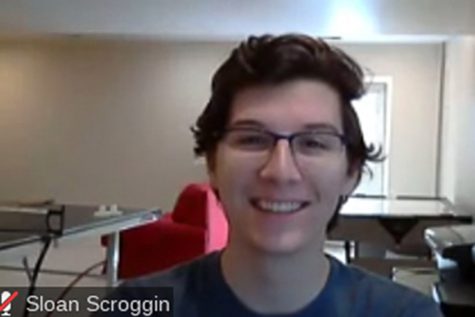
Hello there. I’m Sloan Scroggin and this is my third year on staff and my first as the Editor-in-Chief of Broadcast. I have spent the past six years...

I’m Elizabeth Fitzpatrick and I’m a Junior. I dance competitively at a studio called Creative Edge and I love to create art and write. I wanted to...

